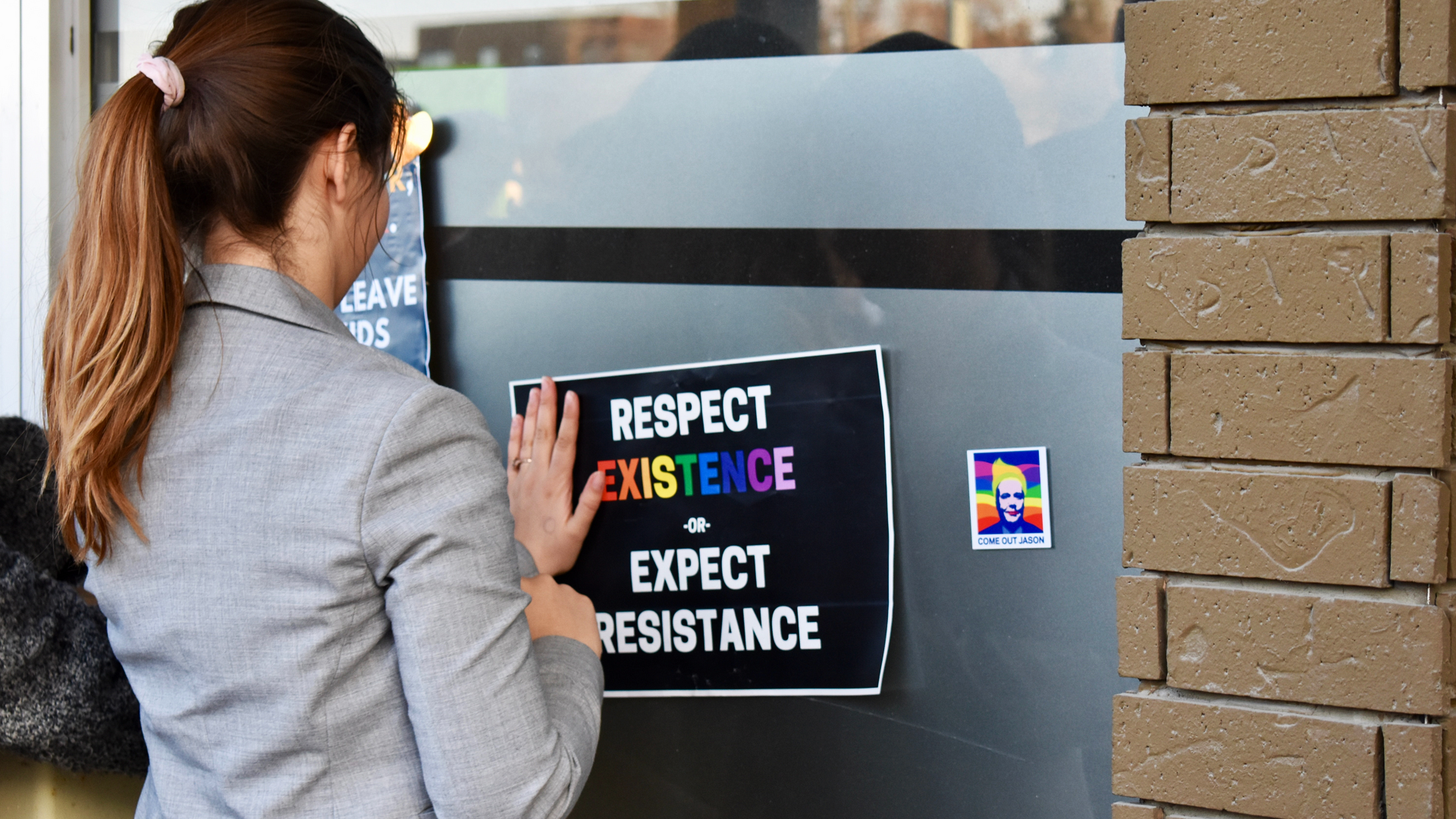The number of transgender people hiding their true identities at work has risen sharply in the past five years, according to UK research.
The modern world is undoubtedly more inclusive than ever before, and workforces are becoming increasingly diverse in most sectors. Yet alarming reports from the UK continue to remind us that we’re far from perfect.
When it comes to working in the UK in 2021, transgender people are said to be concealing their true identities at a rate of almost two in three. This represents a significant spike from five years back, when around half of trans employees felt this way.
This wakeup call arrives courtesy of a study from recruitment firm TotalJobs, which compiled its report on a YouGov survey sample of over 400 trans individuals – one of the largest samples to date in the UK.
Asking questions which entailed everything from an employee’s feeling of agency within a workplace, to negative experiences or discrimination throughout the job hunting process, the survey returned a number of surprising results, some good and some really bad.
 The stat that immediately hops off the page shows that that half of the respondents had actually left a previous job because they felt their work environment was unwelcoming.
The stat that immediately hops off the page shows that that half of the respondents had actually left a previous job because they felt their work environment was unwelcoming.
Up by 7% in that regard since government surveys of 2016, the general consensus from TotalJobs report authors is that most believed leaving a toxic work environment for a new job to be a more feasible solution than trusting an employer to step in.
Despite the introduction of inclusive legal measures in the last decade, chiefly the Equality Act 2010, a third of respondents felt as though they had been bullied or discriminated against at work, including being deliberately addressed by the wrong name or pronoun. Saddening news, we know.





















